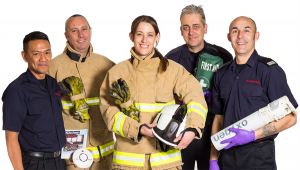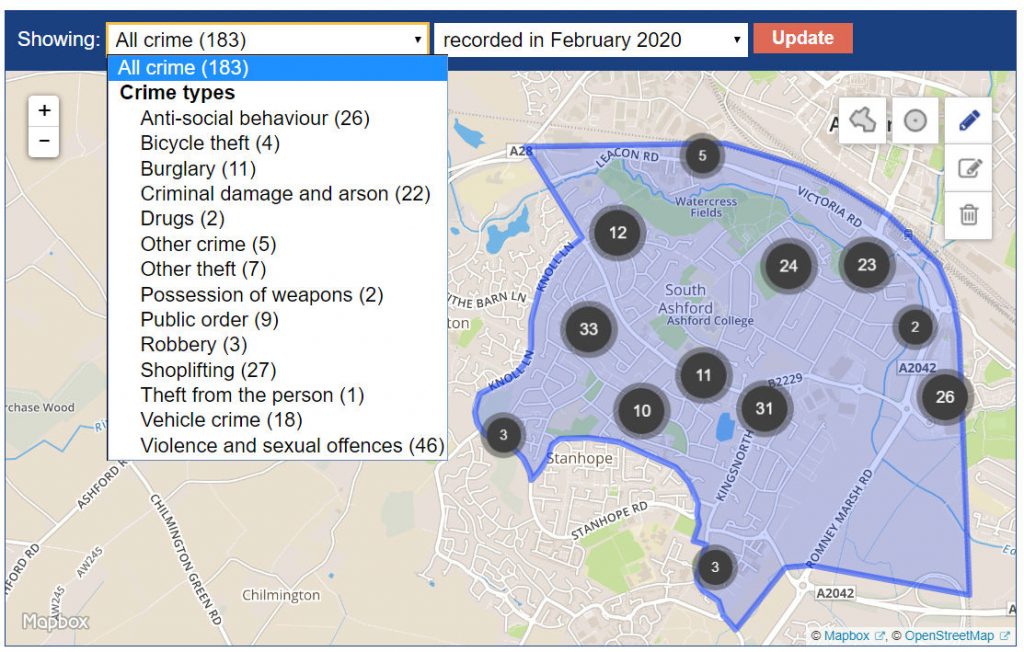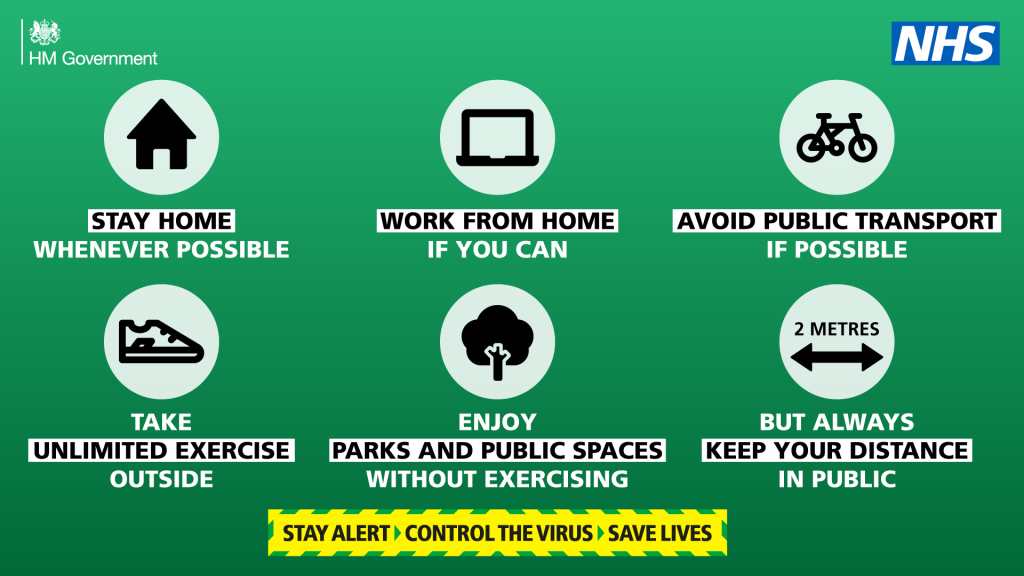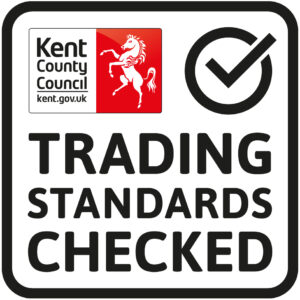KFRS customer promise consultation

Kent Fire and Rescue Service (KFRS) are consulting on their Customer Promise
KFRS exist to help keep you safe whether at work, home or as you move around Kent and Medway. They deliver services for everyone working and living in our changing community. They aim to give people advice and support in order to reduce the risk of fire and other emergencies as they go about their daily lives. Of course, accidents still happen and they aim to provide an excellent emergency response when it is needed, meeting the needs of every individual involved.
The KFRS customer promise sets out what you are entitled to expect from them, and what they expect from our staff. It also outlines the standards that they have set in the key areas of service that they know are important to you. And because a statement is simply a statement, you will find quantifiable targets by which their performance can be measured in their action plans. Above all, it is their commitment to provide you with an assured level of service, giving you the peace of mind that they are working to help you stay safe in your home, at work and when you’re out and about in Kent and Medway.
There when you need them
- Everyone in Kent has a right to expect an excellent response from Kent Fire and Rescue Service.
- They will always seek to innovate so we can deliver a service that meets changing local needs.
- To develop a better understanding of our customers’ needs so they can provide services that fit your needs and accessible advice to help you keep yourself, your home and your business safe.
Respect, fairness, compassion
- KFRS recognise without bias the rights, needs and dignity of others in all our contact with you.
- They will work to see things from our customers’ perspective and treat everyone with compassion, fairness and respect
- They will ensure all people, but particularly those with a disability; lesbian, gay, bi-sexual and transgender people (LGBT); ethnic minority people; older people; and people from minority faiths, are aware of ther services, feel confident to access them and understand how they can be adapted to meet individual needs.
Working with you to deliver good value services
- KFRS will seek your views and listen to your feedback to help them shape and deliver services.
- They will continue to deliver the best service they can by setting targets and honestly reviewing performance to see where they can improve.
- They will spend public money in a way that maximises community benefits.
- They will take a common sense approach to our work with partners including police, ambulance and public health to save money, avoid waste and build safer, resilient communities.
- They will continue to work in a way that minimises their impact on the environment.
To listen, learn, and resolve your problems
- KFRS will make it easy for you to contact them.
- Staff will listen and deal with you in a professional, friendly way, avoiding jargon and taking responsibility to resolve your issue.
- They will respect and protect your privacy and personal data. They maintain a secure network and servers to safeguard your data against malicious activity.
- Despite best efforts they occasionally make mistakes. When things do go wrong, they want you to feel confident that they will listen and deal with your complaint quickly and learn lessons to improve their services.
Kent Fire and Rescue Service
https://www.kent.fire-uk.org/about-us/our-customer-promise/










